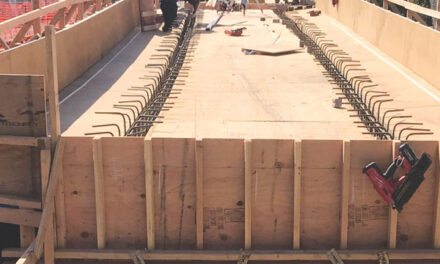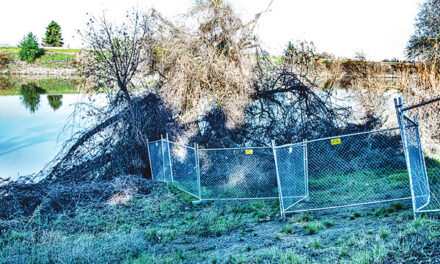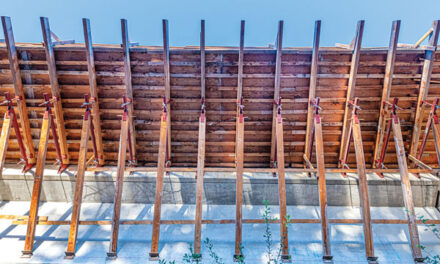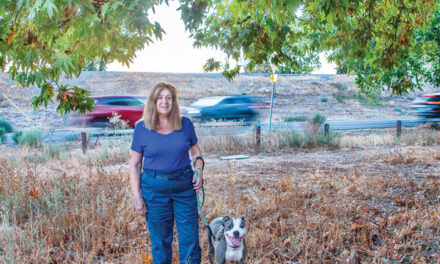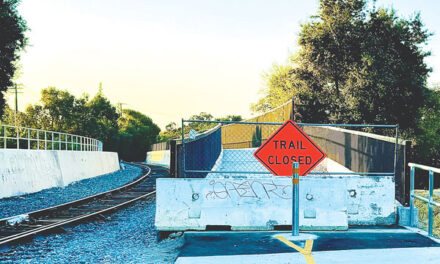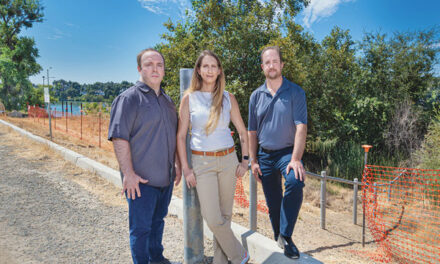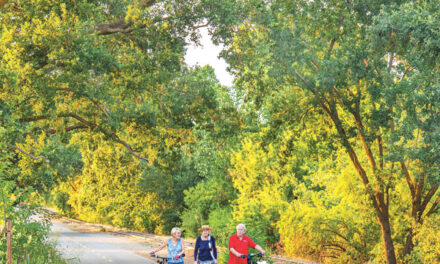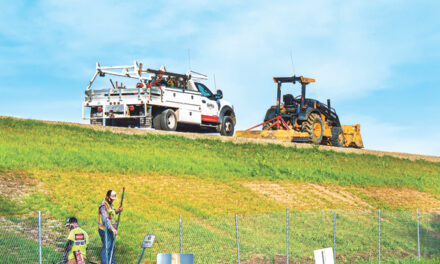I’ve biked in the American River Parkway thousands of times over the last 50 years. The rides bring physical fitness and spiritual uplift. Seeing the river, being in nature and spying turkeys, heron, deer, coyotes and the occasional rattlesnake are euphoric.
Especially during the pandemic era, the rides are a great antidote to depression and the cooped-up regimens of lockdowns.
More recently, the rides have brought heartache. It hurts to see century old trees blackened and killed by fires. It’s sad to see shanties and tents crowded together surrounded by trash.
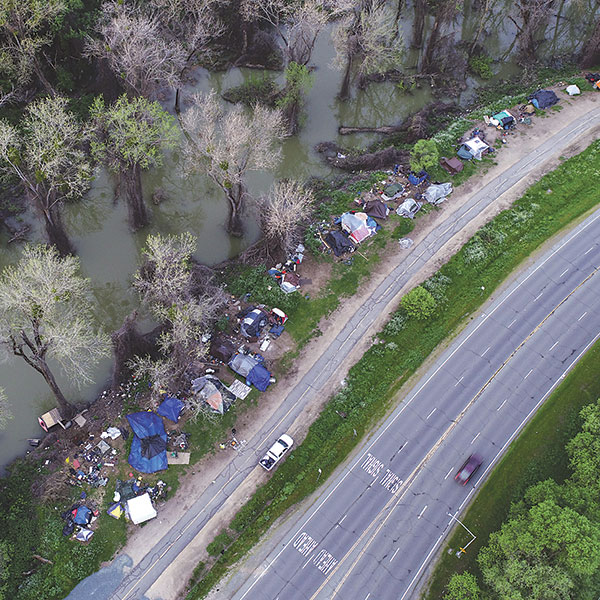
People have camped in the parkway for decades. It’s not a new problem. But the number of people and the visibility of camps have never been greater.
Camps used to be hidden. Now tents, tarps, vehicles, bicycles, kayaks, gas grills, generators and “beware of dog” signs are in the open. At Hagan Park in Rancho Cordova, I saw a man set up a tent next to the fenced dog park while the area was crowded with police for a law enforcement day.
Once, fires seemed confined to the lower parkway, from Cal Expo to Discovery Park. More recently there have been fires near the Guy West Bridge and out to Sunrise Boulevard.
I used to believe good use would drive out bad use—as more people biked, jogged or walked along trails, the camps would disappear. Now I wonder whether the bad will drive out the good.
I’m less inclined to ride the lower parkway myself, even though I’m a big guy not particularly concerned about personal safety. It simply looks bad. My wife refuses to go near the camps.
Over the years, when I’ve been asked whether it’s safe for someone, especially a lone woman, to ride in these areas, I’ve had a hard time formulating a response. People find it intimidating and scary. It shouldn’t be that way.
There’s no doubt maintaining the parkway is a huge challenge. The acreage is vast and drought conditions turn the landscape into tinder
County rangers try to control the camps. Goats and sheep have been brought in to graze away potential fuel for fires. Signs warn of the severe fire danger. Areas have been re-vegetated and naturalized. But it hasn’t been enough. What good does the expense and labor of re-vegetation do if it goes up in flames?
Public space should be accessible and enjoyed by all. Right now, it seems like the unhoused have priority. They generate tons of trash and create virtual landfills within the parkway. Their actions threaten water quality and public health, turning the American River, a source of our drinking water, into what one headline termed “diluted sewage.”
The American River Parkway has long been one of the best things about Sacramento. Losing more of it to fires would be a tremendous loss. According to the beautifully filmed and moving video “Parkway in Peril” by the American River Parkway Foundation, the parkway was decimated this past summer, with more than 11% of it burned.
In interviews, parkway mile stewards emotionally recount the damage done and the fear that it may become a “burned garbage dump.”
The work done by volunteer stewards is noble. They deserve our thanks. But ultimately local government has responsibility to preserve and protect our river parkway so everyone can enjoy it while feeling safe and secure. Government has failed in its stewardship. The situation seems to be getting worse, not better.
I don’t have the answers on dealing with homelessness, trash and preventing fires. Real answers are elusive. But we must do much more to preserve the parkway for our enjoyment today and for future generations.
To view “Parkway in Peril,” visit arpf.org.
Walt Seifert is executive director of Sacramento Trailnet, an organization devoted to promoting greenways with paved trails. He can be reached at bikeguy@surewest.net. Follow us on Facebook, Twitter and Instagram: @insidesacramento.



